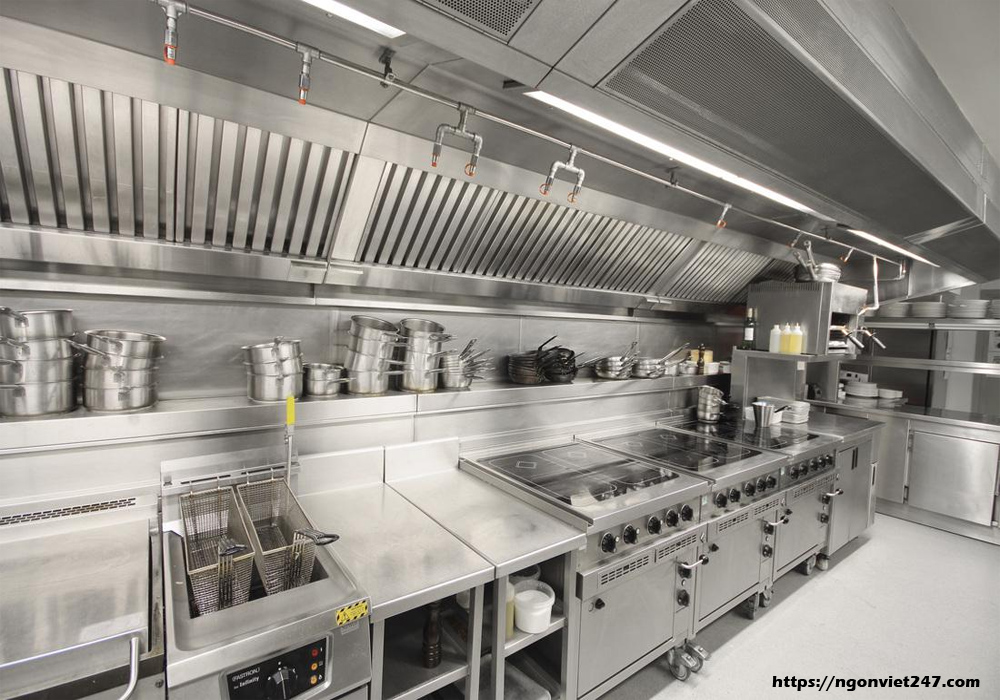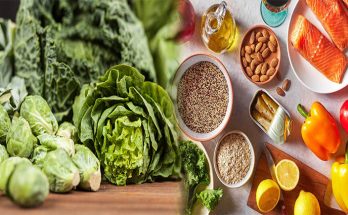Starting and running any form of food business has challenges. But of all the things that you need to pay attention to yourself, the only thing that should be on your list when you start a food business is cleanliness. This should never, never be ignored, because it will have serious consequences on your health, business, and the legal impact on you and your business.
In 2000, the Food Standards Agency (FSA) was established by Parliamentary Law. The FSA is an independent government department that protects public health and the interests of consumers in all foods. In conjunction with this institution, the 2004 General Food Regulations and the 178 General Food Regulations (EC) 178/2002 are laws that apply to food safety; both are based on the Food Safety Act of 1990.
The law exists for compliance, and as a food business owner, you must do everything you can to make sure you know the law and obey it. Of course, reading this law line by line may take some time, so to get you started, here is a brief summary of the most important parts:
Washing hands. Yes, adhering to these standards starts with something as simple as washing your hands (1) before you handle food and (2) several times during the cooking process, especially when you handle raw meat. Cross-contamination is the most common method for spreading food-borne diseases, and unwashed hands are the most common vehicle for passing dangerous organisms around it.
Washing food. All foods, especially fruits and vegetables, must also be washed properly before cooking or serving. However, because some foods break down faster after washing, you should wash them right before use. Don’t use soap for washing, because this can be absorbed by food and is toxic to your customers. Instead, use cold water for washing, and for hard products like potatoes, use a clean vegetable brush to rub the skin.
Place inspection. Kitchen inspections and all food related areas such as freezers should be carried out periodically. This inspection must be done as often as possible, and things that can be corrected must be noticed and corrected immediately. In addition, food areas should be cleaned whenever possible. Local authorities can sometimes do their own inspections without notice, so you must always be prepared.
Transparency. Your customers must know what they are buying. For example, they must know exactly what is in your sausage. “The nature or substance or quality requested by the buyer” must be what is given to the buyer. Don’t serve pork sausage if you order beef.
Food processing. Make every effort to ensure that the food you serve does not endanger the health of your customers because of substances or ingredients that you add or remove from food, or because of whatever processing methods you use for these foods. For example, if certain types of sweeteners have been proven to affect public health, they should not be used, even if it is in your commercial interest to do so.
Traceability. Where do your food products come from? You must know, and you must keep a record of all the places from which you get your food, as well as all the places you deliver your food. From time to time, the authorities will ask for these records, and it is important for you to be able to provide them.
Food hygiene laws are strict, but for that reason. Keep your commercial premises clean and obey these laws to ensure your customers are not sick and your business will not be closed. This is for everyone’s benefit – but of course, you already know that.





